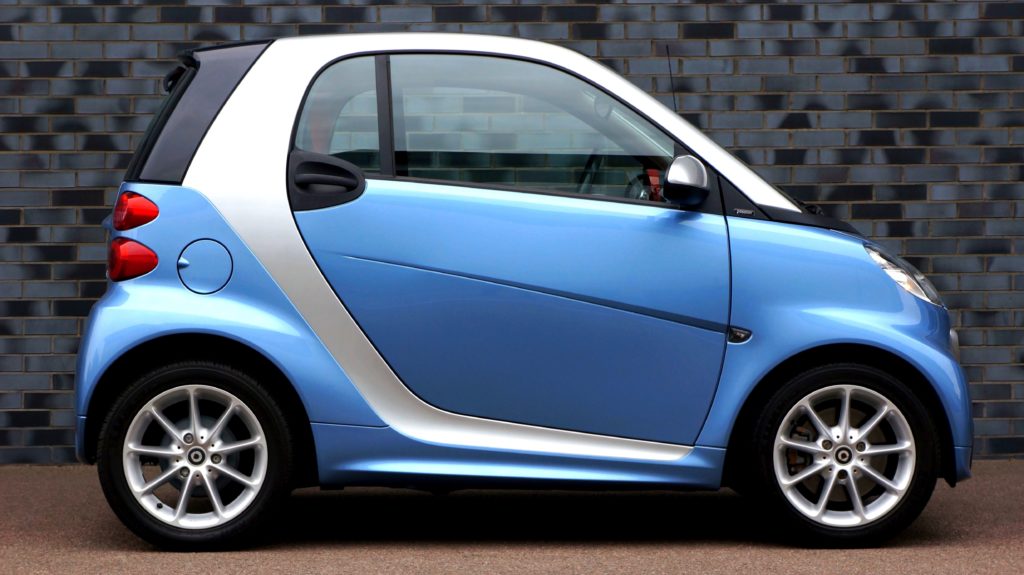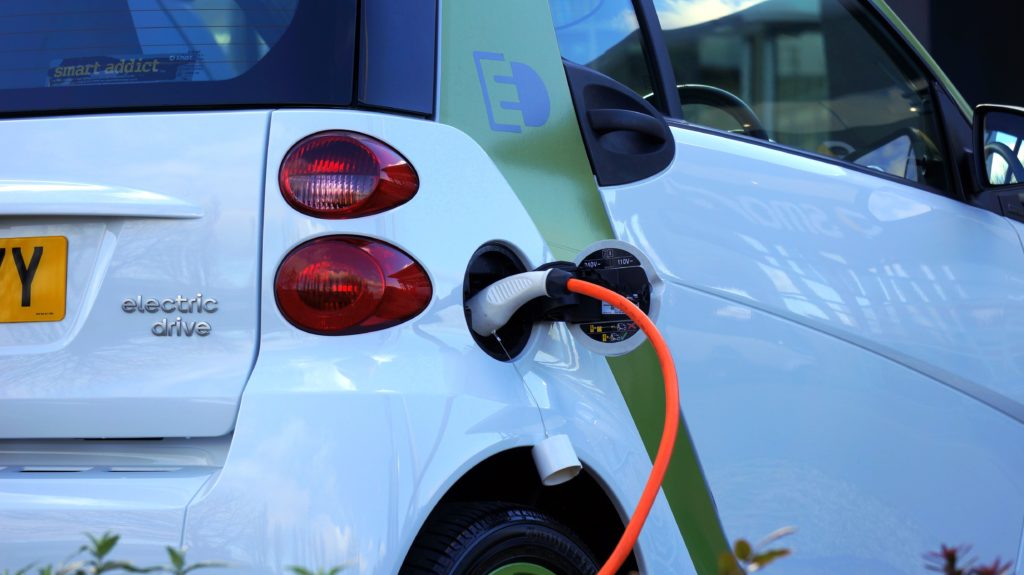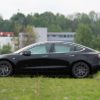
For understanding the evolution and history of electric cars, we should also understand how personal vehicles have transformed over the years. Because the history of vehicles traces back much longer than we think.

Evolution Of Cars
The discovery of the wheel is an invaluable gift to humanity, undoubtedly. The 20th century lingered around horses and other animals being the predominant modes of transport. We then moved to steam – it empowered industries and factories and had great potential to transform the era of transportation. Fast forward that time, and diesel and petrol had started to compete with each other, and we began to turn our vehicle designing to shift from a self-propelling machine to a sophisticated car. These gained popularity and production scaled up on a mass level.
The radical shift from steam was mostly because steam engines had one major drawback. Not only did the steam engines require extended time to start, but they also had to be fed continuously with water. And the range also limited to a short distance. Thus, it could not be scaled up very well. Noise and smoke emissions from the vehicle amounted to another big problem.
It is believed that some of the very first car models developed were electricity based. They also looked upon as convenient alternatives for combustion and steam-powered cars. However, they scrapped those designs and shifted to recalibrate the models. This design worked on a combustion engine that worked on gasoline and widely accepted. But, interestingly, electric cars preferred for its features like no fuel requirement, no noise, etc. And they were uncomplicated as well as easy to operate.
Then And Now
The first mass production of cars dates back towards the end of the 1800s – the Ford model T. Based on the four-stroke engine which is relevant even in today’s time, cars like Diesel, Otto, Ford, and Benz got into the act. Even the Porsche founder Ferdinand Porsche developed his first car, which was based on an electric vehicle and hybrid model in 1888. Thomas Edison also worked on developing efficient batteries for electric cars back then. He partnered up with his friend Henry Ford to design electric vehicles, which would be low-cost alternatives. But, in turn, the electronic car alternative of the T model costed more than the initially developed design.

One big drawback for electric cars which holds relevant even today for some nations is the fundamental prerequisite of charging stations. A reliable rechargeable battery was a related issue back then. However, inventors, with the help of technology, developed better performing locomotives and batteries. In 1897 fleet of electric cabs introduced in London. But by 1910, almost all-electric car manufacturers had utterly stopped their production. Some had gone out of business owing to the oil crisis that happened before some time.
Modern Age Electric Cars
Fast forward to 1966 when GM announced its first electric car. EV1 was the early modern age electric car that was developed in 1991. General Motor is known to experiment with developing efficient electric vehicles.
The Tesla electric car produced in 2008. It was an all-electric car with high speed and battery efficiency.

Conclusion
In short, we can consider as pre-electric car age up to 1867, 1881 to 1920s is considered as the golden age, 1920 to 1969 as a dark age, and 1970 onwards as the renaissance age of electric cars.





